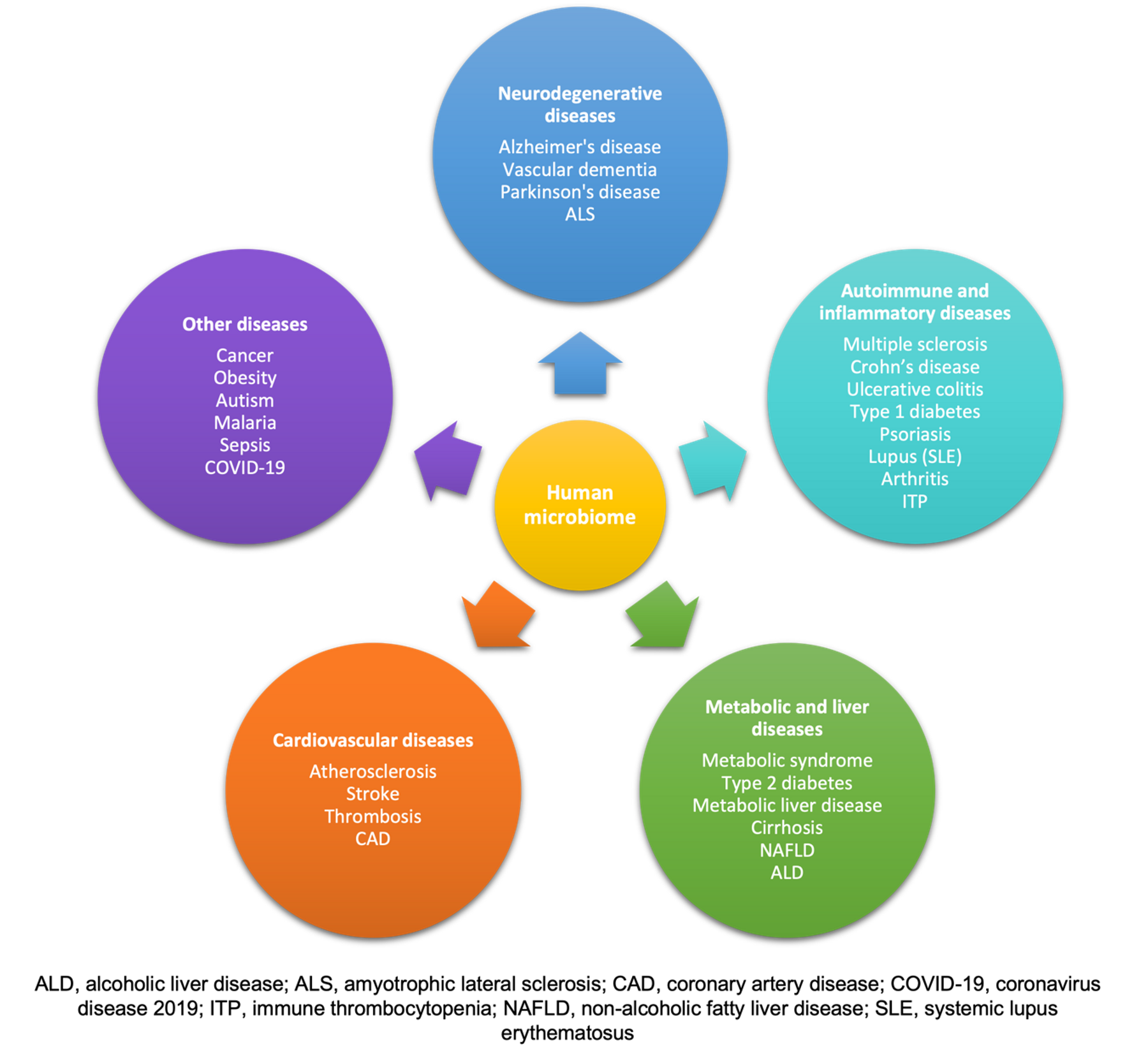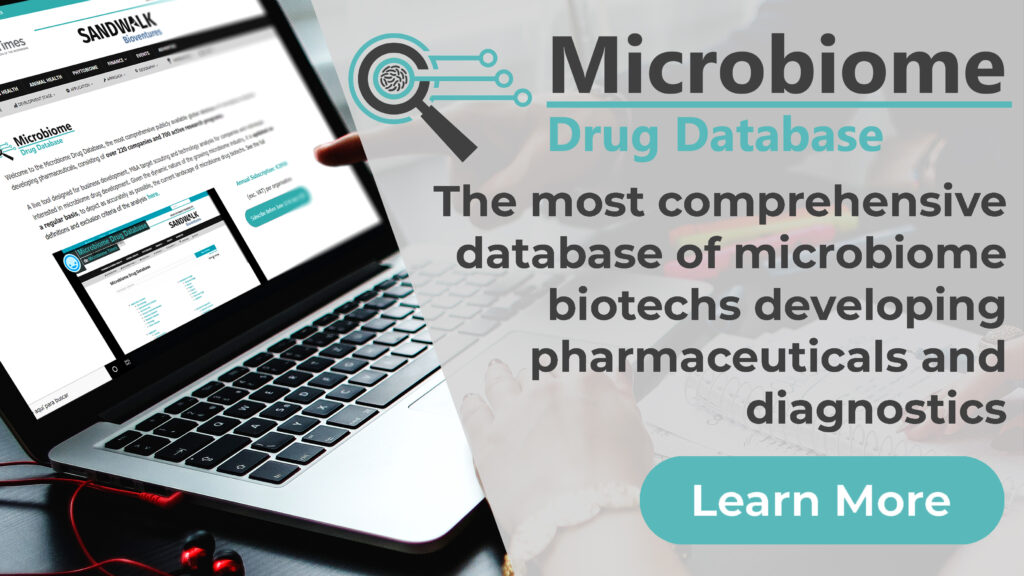Introduction to Precision Nutrition and the Microbiome

Precision nutrition startups are increasingly leveraging human microbiome data to offer personalized health solutions, driven by advancements in gene sequencing and computational power[1]. These companies aim to provide tailored dietary recommendations, probiotics, and lifestyle modifications based on an individual's unique microbial ecosystem[3]. The field is rapidly evolving, with significant investments and partnerships, yet it faces considerable challenges in clinical validation and regulatory oversight[3][11].
Business Models and Offerings
Microbiome-based nutrition companies employ diverse business models, often focusing on direct-to-consumer sales or partnerships within the pharmaceutical and healthcare sectors[3]. Many offer at-home testing kits that analyze gut flora to provide personalized insights and product recommendations[3]. For example, US-based Pendulum Therapeutics develops probiotics from bacterial strains that stimulate GLP-1 production to help patients with diseases like diabetes, controlling metabolic rate, weight loss, and glucose levels[1]. Pendulum Therapeutics has raised $111 million in funding, including $10 million from Fonterra in June 2023[1]. Digbi Health, a US-based digital therapeutics company, offers a gut microbiome and genetics-based virtual care platform for individuals with polychronic mental and physical illnesses associated with weight, providing precision nutrition and lifestyle guidance[1]. Digbi Health has raised $8.5 million in funding[1]. Tiny Health focuses on pediatric microbiome health, offering testing and insights for infants and young children, and has secured $9 million in a Series A funding round[3]. Viome, a prominent company, analyzes gut and oral microbiomes using RNA technology and AI to provide tailored dietary suggestions, supplements, and probiotics[3]. Viome raised $86.5 million in venture capital and an additional $175 million after partnering with CVS to sell its testing kits[3]. Other companies like Thryve (now Ombre) and Sun Genomics offer gut microbiome testing and personalized probiotic supplements[3]. Microba provides high-resolution metagenomic sequencing for comprehensive gut microbiota reports[3]. Parallel Health utilizes advanced genomics and AI for phage-based treatments targeting the skin microbiome[3]. ResBiotic, a US-based startup, develops prebiotics to treat lung cancer and has expanded its product portfolio with offerings like prebeet Energy+ for digestion and energy[1]. These companies vary in their focus areas, from gut health and metabolic health to pediatric and skin microbiomes, and use different testing methods[3].
AI Pipelines and Data Analysis

Artificial intelligence (AI) and machine learning (ML) are crucial for analyzing the complex and high-dimensional microbiome data[6][11]. These technologies are used to identify key molecular signatures, discover patient stratifications, and generate models that accurately predict phenotypes[6]. ML algorithms, including unsupervised learning (dimension reduction, clustering) and supervised learning (decision trees, random forest, gradient boosting, deep neural networks), are applied to integrate multi-omics data such as metagenomics, metatranscriptomics, metabolomics, and host genomics[6][11]. For instance, deep learning frameworks like DeepMicro use autoencoders to compress high-dimensional microbial features for disease prediction[6]. AI also assists in taxonomic annotation, feature selection, biomarker detection for drug discovery, pathogen classification, and predicting disease susceptibility and treatment response[11]. Zeevi et al. built a gradient boosting regression model integrating blood parameters, dietary habits, anthropometrics, physical activity, and gut microbiota to accurately predict postprandial glucose responses, enabling personalized dietary interventions[6][11]. The goal is to move towards microbiome-based personalized nutrition and precision medicine[6].
Clinical Validation Hurdles
Despite the promise, microbiome-based nutrition companies face significant clinical validation hurdles. A major criticism is the lack of regulations and unsubstantiated claims by some companies, with researchers calling for more scientific consensus and regulatory frameworks[3][11]. Issues include inconsistent test results and difficulty in drawing meaningful conclusions from microbiome analysis[3]. The complexity of microbial communities and host-microbiome interactions is not yet fully understood[11].
Consumer Adoption Strategies
Consumer adoption strategies for precision nutrition companies often revolve around providing personalized health insights and actionable recommendations to improve gut health and overall well-being[3]. Companies offer at-home testing kits that analyze stool samples to identify microbial composition and activity, then provide tailored dietary changes, probiotics, or lifestyle modifications[3]. The perceived benefits include better digestion, improved mood, and increased energy levels[3]. Some companies, like Viome, aim to capitalize on the vast amounts of data collected from their users, potentially selling it to drug manufacturers to fuel further research and insights[3]. This data-driven approach seeks to transform future healthcare and support disease prevention by allowing individuals to support and maintain their gut-specific microbiome[3].
Conclusion
Precision nutrition, powered by microbiome data, holds significant potential for revolutionizing healthcare by offering personalized interventions for disease management and prevention[6]. Startups are actively developing diverse products and services, from personalized probiotics to digital gut health platforms, leveraging AI to analyze complex biological data[1][3][6]. However, the field must overcome substantial challenges, including the need for robust clinical validation, standardized methodologies, and clearer regulatory frameworks to ensure the reliability and generalizability of its claims[3][5][11]. Continued research, interdisciplinary collaboration, and the development of more sophisticated AI models will be crucial for translating these advancements into widespread clinical application and truly personalized health solutions[5][6][11].
Get more accurate answers with Super Pandi, upload files, personalized discovery feed, save searches and contribute to the PandiPedia.
Let's look at alternatives:
- Modify the query.
- Start a new thread.
- Remove sources (if manually added).



